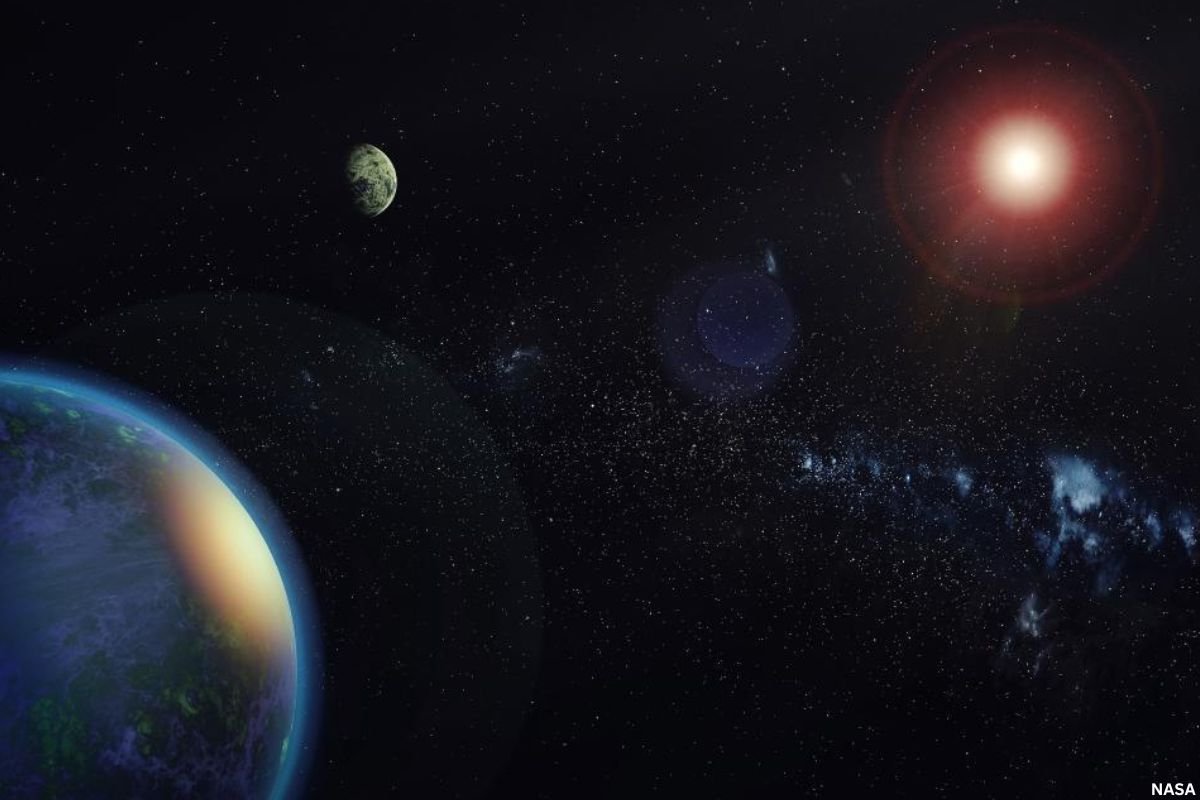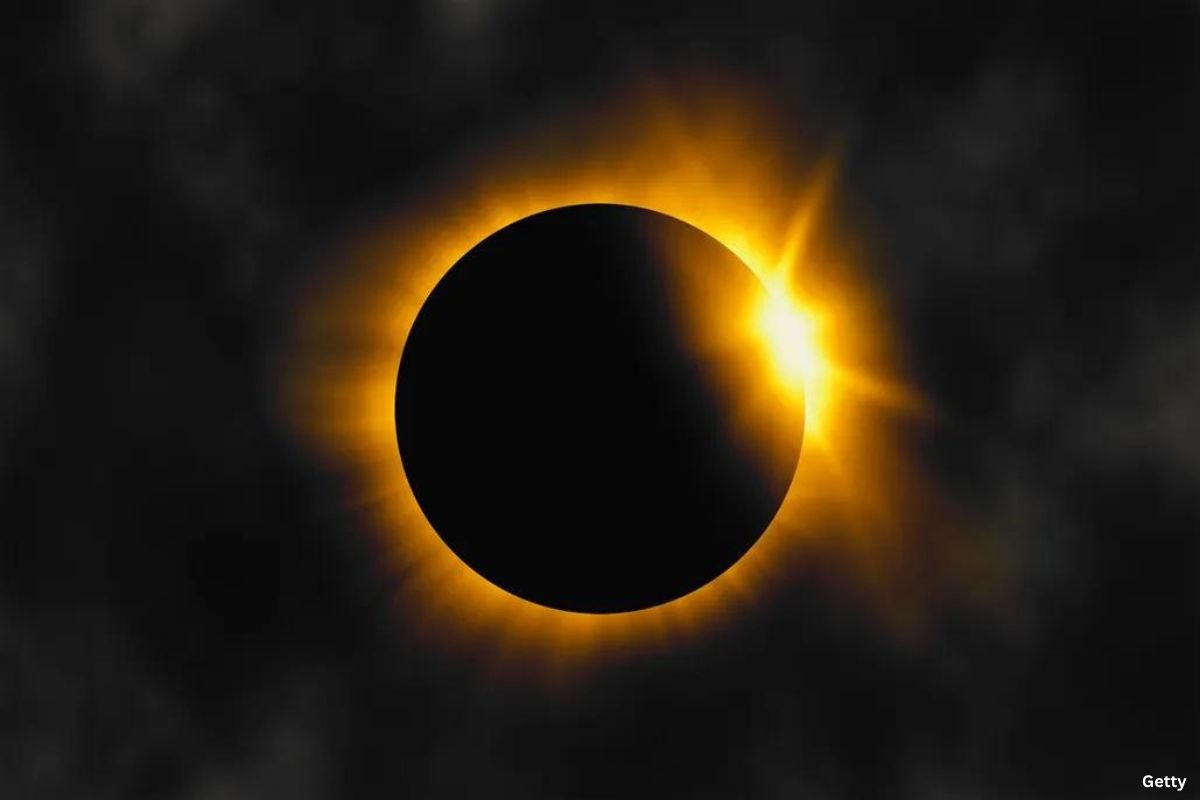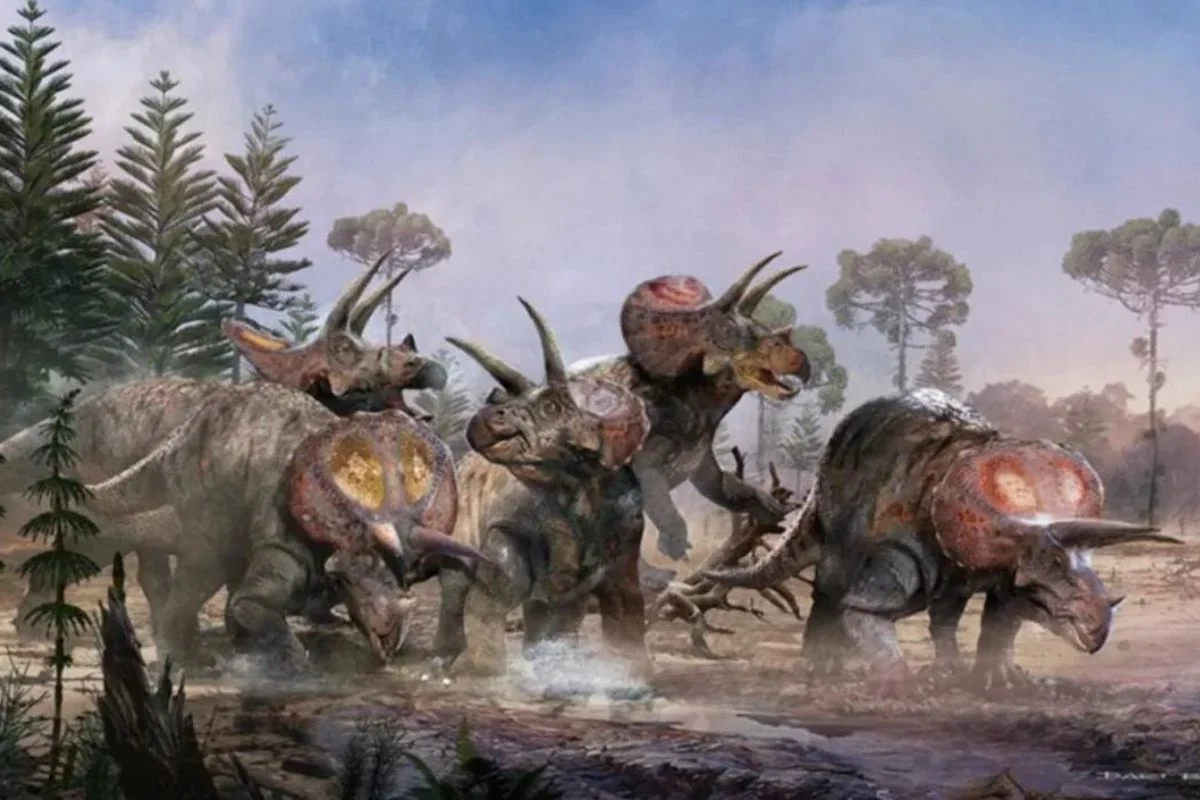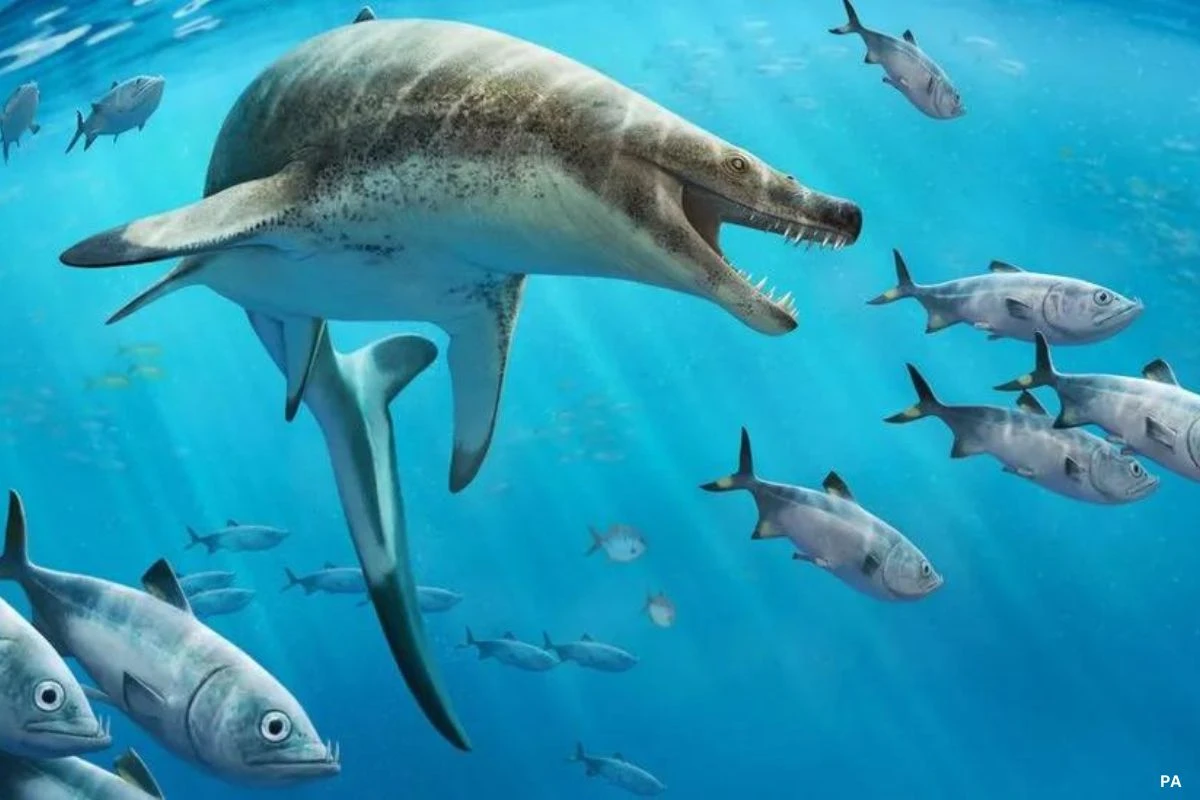Scientists may have uncovered compelling evidence pointing to the existence of a new, Earth-like planet in our solar system. Researchers in Japan, including scientists from the National Astronomical Observatory, have published their findings suggesting the possible presence of an additional planet, tentatively named “Planet Nine,” lurking within the Kuiper Belt, a region of icy objects beyond Neptune’s orbit.
In our current understanding, our solar system comprises eight planets, with Neptune being the farthest from the Sun. However, recent research indicates the potential existence of a ninth planet, which would orbit the Sun beyond Neptune.
The researchers’ study, published in The Astronomical Journal, reveals intriguing insights into the Kuiper Belt’s behavior. They state, “We predict the existence of an Earth-like planet,” based on the observations of objects within the Kuiper Belt. These observations suggest the presence of a relatively small planet, approximately three times the size of Earth.
It’s important to note that this hypothetical planet, while Earth-like in some aspects, would not support life as we know it due to the extreme cold temperatures in the outer regions of the solar system.
One significant implication of this discovery is the potential for more planet-like objects hidden within the Kuiper Belt. “In conclusion, the results of the Kuiper Belt planet scenario support the existence of a yet-undiscovered planet in the far outer solar system,” the researchers explained.

The quest for Planet Nine is reminiscent of the historical reclassification of Pluto. For over 70 years, Pluto was considered the ninth planet in our solar system until 2006 when the International Astronomical Union redefined its status to that of a dwarf planet. Dwarf planets, like Pluto, orbit the Sun similarly to full-fledged planets but are typically smaller in size.
This ongoing research offers a tantalizing glimpse into the dynamic nature of our solar system, where new discoveries continue to expand our understanding of the cosmos. As scientists refine their techniques and gather more data, they hope to confirm the existence of this potential Earth-like planet and explore its unique characteristics further.













